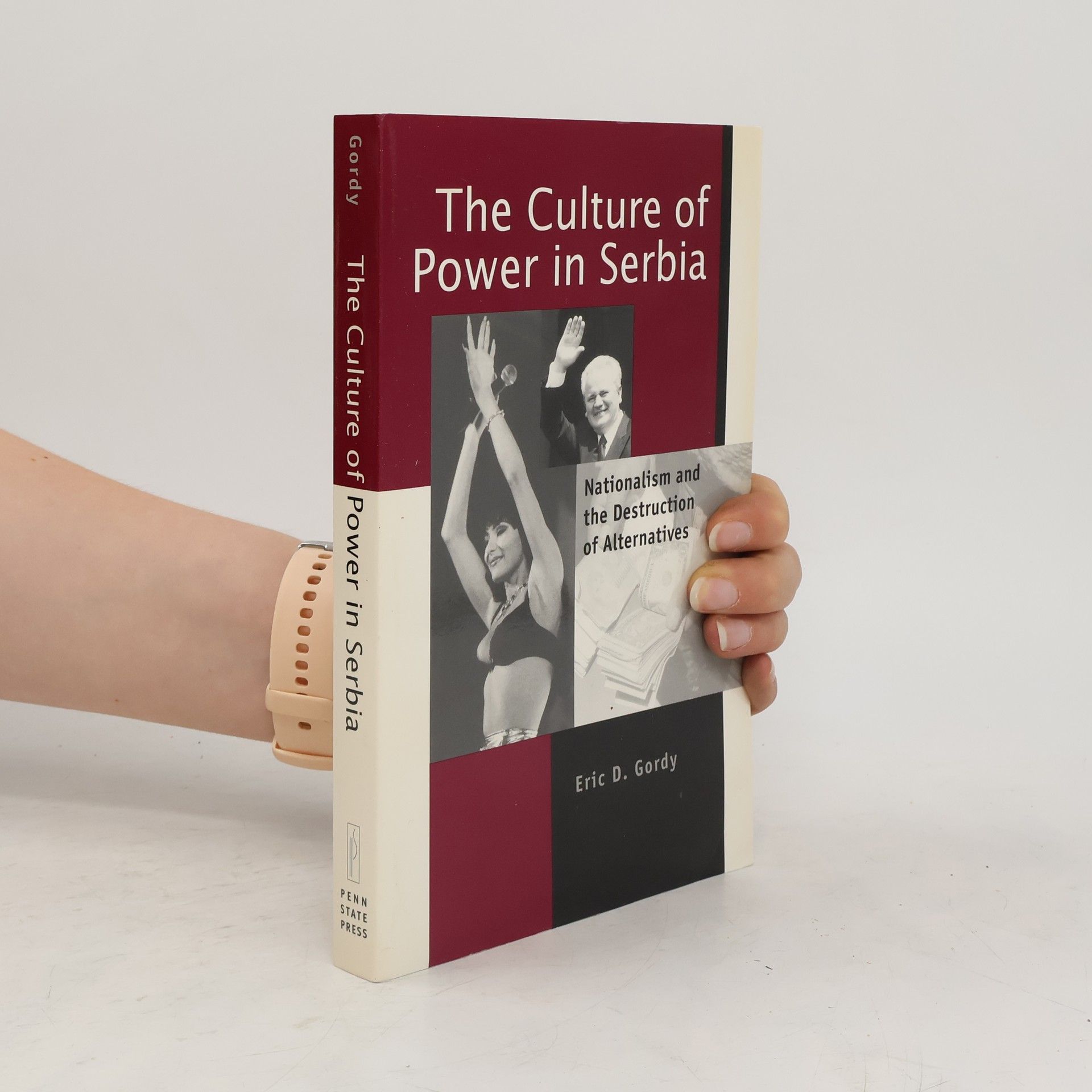How does the regime of Slobodan Milosevic and his Socialist Party of Serbia (SPS) remain in power? Since legitimizing its power in 1990, the SPS has never received a majority of votes in an election. Furthermore, it has been defeated in three military conflicts, produced hundreds of thousands of refugees, presided over the most extreme hyperinflation in modern times, and failed in its original defining promise to see "all Serbs in one state." In The Culture of Power in Serbia, Eric Gordy explains how the Milosevic government prolongs its tenure despite failures and setbacks that would have brought down most other regimes.
Eric D. Gordy Livres
